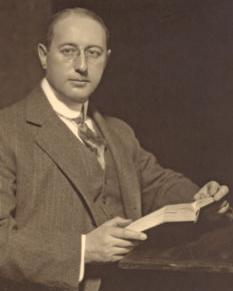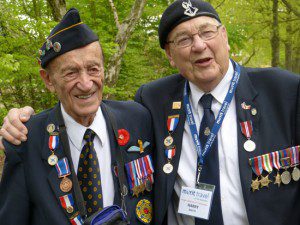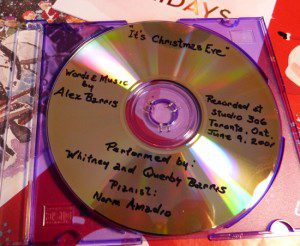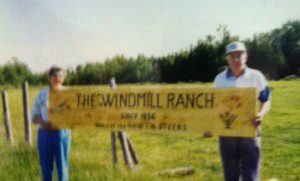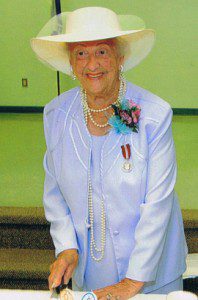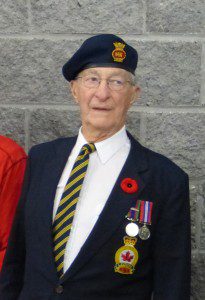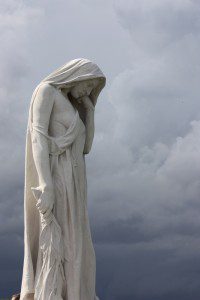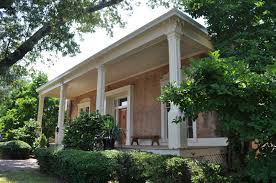
It’s rather unassuming, yet quite historic. It doesn’t dazzle with extraordinary colours or flashy architecture. To the contrary, its simple lines, modest proportions and utilitarian features speak more of its being a family dwelling than a historic building. But in the City of Atlanta, the Grant Mansion has a unique distinction. It’s one of the few Civil War period buildings not destroyed in the burning of the city 150 years ago by Union Gen. W.T. Sherman. Initially, its survival is attributed to one odd factor.
“Because Union troops found Masonic paraphernalia in the house,” documentation at the historic site explains today, “(soldiers) were instructed not to harm the houses of Masons.” (more…)
